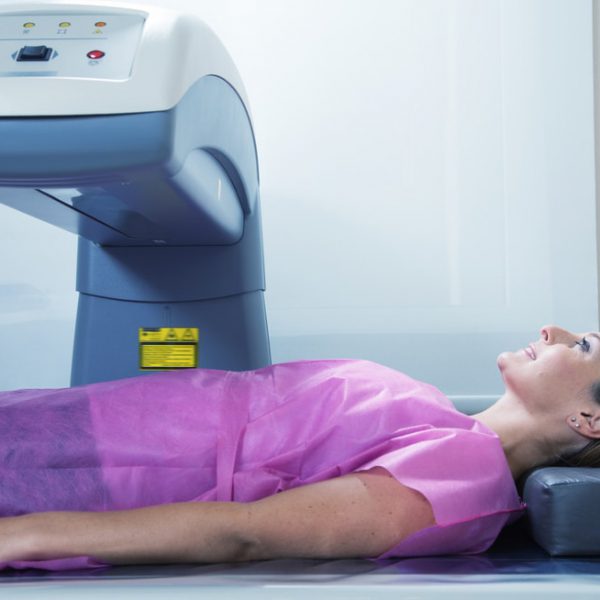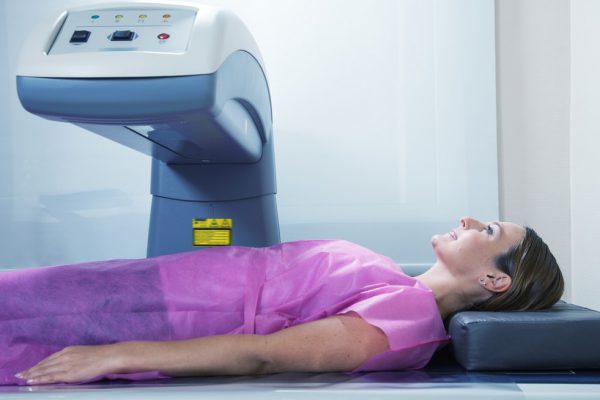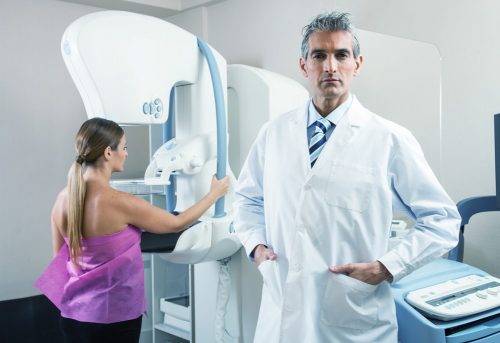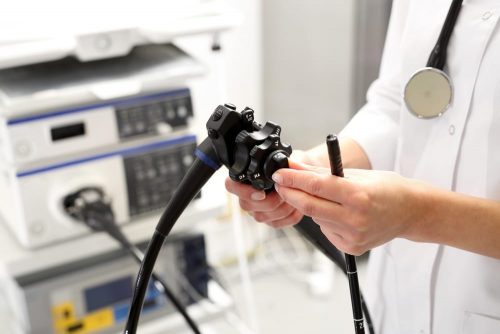Magnetic Resonance Cholangio-Pancreography
An MRI examination for the diagnosis of biliary tract and pancreatic diseases is called MRCP – Magnetic Resonance Cholangio-Pancreography. It’s advantage lies in it being non-invasive (the examination is performed without catheter insertion, as opposed to an endoscopy examination) and usually does not include the injection of a contrast agent. The examination demonstrates the biliary and pancreatic ducts and is used as a monitoring tool in cases of pancreatic ducts dilation or in cases of chronic biliary tract diseases that may develop into biliary tract cancer.
In which cases should a biliary tract and pancreas MRI (MRCP) be performed?
Diagnosis of tumors, stones, liver, gallbladder, biliary duct, pancreas and pancreatic duct inflammations and infections.
Diagnosis of pancreatitis in patients.
Diagnosis of abdominal pain.
How should one prepare for a biliary tract and pancreas MRI (MRCP)?
Fasting – It is important to check for the requirements of the institution where the examination will be performed, prior to the examination. Some institutions instruct to fast a few hours prior to the examination, while others do not instruct to do so.
Clothing – Do not wear clothes with metal parts, and any metal jewelry found on the body should be removed, along with hair pins and keys.
Metals in the body – The medical staff should be informed of metals found in the body, in cases such as a pacemaker, stent that was implanted during catheterization, artificial joint, surgical clip, insulin pump, shrapnel or cochlear implant. Most of these implants do not contain magnetic metals, and therefore will not prevent the performance of the examination, but the medical team must be informed of each of the implants listed above prior to the examination.
Claustrophobia – Patients who are afraid of a confined spaces may use tranquillizers about an hour prior to the examination, in consultation with a doctor.
Contrast agents – Occasionally, this examination uses the contrast agent gadolinium. It is a metal contrast agent with magnetic properties that enables a more efficient demonstration of blood vessels and increases the quality of the scan. In contrast to iodine-based contrast agents, gadolinium hardly causes any allergic reactions or side effects. In cases of advanced kidney failure, the use of a contrast agent should be avoided.
Pregnancy – Women who may be pregnant are asked to notify their doctor or examination technician.






